First & Last: Hereditary!
 Tuesday, October 16, 2012 at 12:00PM
Tuesday, October 16, 2012 at 12:00PM the first and last images and lines from a motion picture.
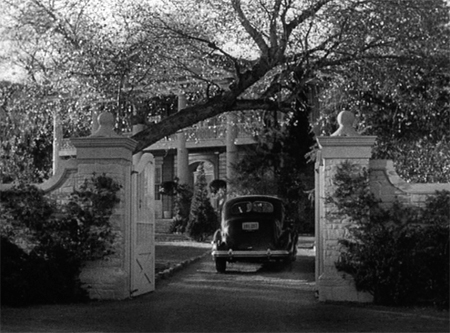
WHERE IS HE ?!? WHERE IS HE ?!?"
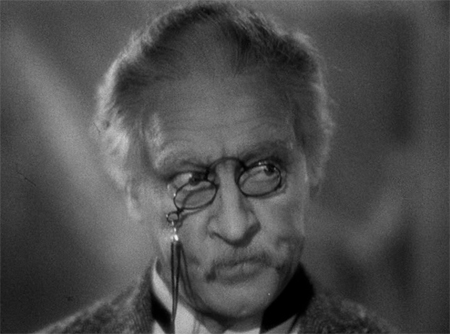
Hereditary!"
Can you guess the movie?
(Hint: It's a franchise)
 first and last
first and last The Film Experience™ was created by Nathaniel R. All material herein is written by our team. (This site is not for profit but for an expression of love for cinema & adjacent artforms.)
Follow TFE on Substackd
We're looking for 500... no 390 Subscribers! If you read us daily, please be one.
THANKS IN ADVANCE
 Tuesday, October 16, 2012 at 12:00PM
Tuesday, October 16, 2012 at 12:00PM the first and last images and lines from a motion picture.

WHERE IS HE ?!? WHERE IS HE ?!?"

Hereditary!"
Can you guess the movie?
(Hint: It's a franchise)
 first and last
first and last  Tuesday, October 16, 2012 at 8:00AM
Tuesday, October 16, 2012 at 8:00AM David here reporting on a diverse selection of films showing at the 56th BFI London Film Festival starting with the Best Actress hopeful Quartet...
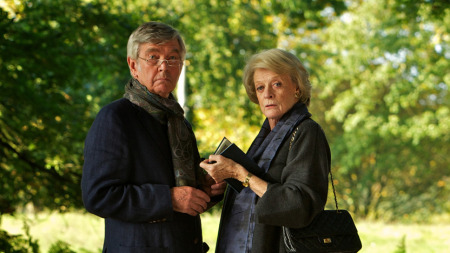 Tom Courtenay and Maggie Smith in 'Quartet'
Tom Courtenay and Maggie Smith in 'Quartet'
“Like being hugged by your favourite grandparent,” I wryly tweeted just after exciting the press screening of Quartet. Imagine that. It’s an undeniably pleasant experience, even as it might come with a slightly musty smell and a worry that if you let go they’ll lose their balance. (Said grandparent must obviously have reached a certain age, and I’m sure your grandmother smells lovely really.) Quartet is, in the nicest way possible, an elderly person’s movie – gentle, undemanding, exceedingly pleasant and just a little bit bland. Every piece of the easy narrative jigsaw puzzle is placed before you within fifteen minutes – Cissy (Pauline Collins) winsomely forgets where she’s going several times, Reggie (Tom Courtenay) withdraws bitterly at Jean’s (Maggie Smith) arrival, and Dr. Cogan (Sheridan Smith) happens to mention that the nursing home is in danger of closing down. Not to mention that this collective of aging musical greats are already rehearsing for their gala concert in honour of Verdi’s birthday. Continue...
 Monday, October 15, 2012 at 10:00PM
Monday, October 15, 2012 at 10:00PM 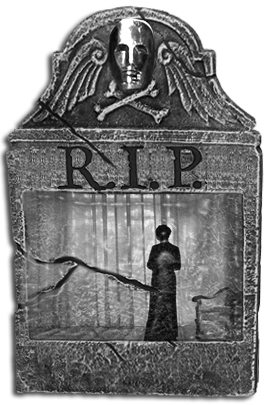 Oscar Horrors, a daily series for October, looks at Oscar nominated contributions to the horror genre. Here's Jose to talk about one of the best villains of all time.
Oscar Horrors, a daily series for October, looks at Oscar nominated contributions to the horror genre. Here's Jose to talk about one of the best villains of all time.
HERE LIES...Mrs. Danvers, played exquisitely by Judith Anderson who was nominated as Best Supporting Actress of 1940 for her work in Rebecca. She lost the Oscar to Ma Joad and vanished in the fire.
I grew up in a family where Hollywood classics were as revered as Catholic saints. I remember being a child and being freaked out by the black and white people uttering undecipherable phrases from what I assumed was some sort of TV grave. None however freaked me out as much as the wide eyed Mrs. Danvers (did she ever blink?!?) who endlessly haunted the poor new Mrs. de Winter (Joan Fontaine).
The passing years didn't make Mrs. Danvers less creepy. In fact, the more I aged, the scarier she got. It must be due to the fact that she's not only a horror figure in the strict physical sense. Yes, her long black dress, severe hairdo and eerily seductive voice didn't help, but there was something else about her that made me fear the idea of marrying Laurence Olivier and moving to a mansion.
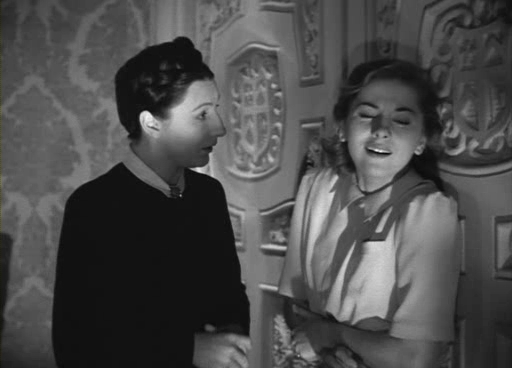
Reading Hitchcock Truffaut I suddenly got what is it that made her so terrifying and the master himself explained it best:
Mrs. Danvers was almost never seen in motion. [The heroine] never knew when Mrs. Danvers might turn up and this in itself was terrifying. To have shown Mrs. Danvers walking would have been to humanize her.
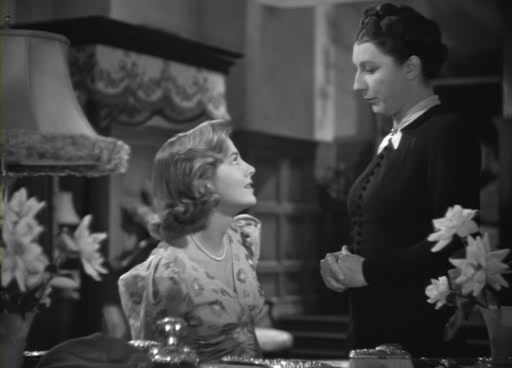
So, there we have this diabolical creature, almost a human mausoleum, whose entire existence revolved around protecting the legacy of a woman who was never that nice to begin with. The director cleverly framed all of Mrs. Danvers scenes so it always appears that it's Mrs. de Winter who must serve her.
The heroine's submissive position and Mrs. Danvers' ominous presence make for one of the most complex relationships in any Hitchcock movie (the homoerotic and homophobic undertones contained in this movie have inspired countless essays of their own!). Though Hitchcock would go on to shape countless other fascinating character dynamics, Mrs. Danvers still looms large. She's inspired a myriad of characters since that range from the surreal (HAL 9000) to practical carbon copies (Mrs. Obrien in Downton Abbey) whose only purpose is to show their masters who's the boss.
 Monday, October 15, 2012 at 3:01PM
Monday, October 15, 2012 at 3:01PM David here with words on a milestone in film history showing at the 56th BFI London Film Festival.
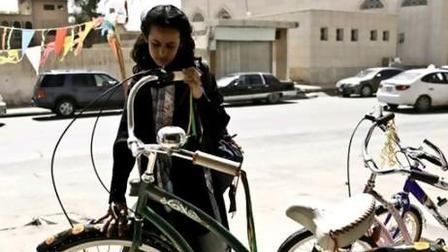 Waad Mohammad as 'Wadjda'
Waad Mohammad as 'Wadjda'
Miracles do happen. Haifaa Al-Mansour’s debut feature Wadjda is one of them. The first film to be shot entirely in Saudi Arabia, where movie theatres are illegal, Wadjda is also the first film ever made by a Saudi woman. As the film shows, gender equality is still non-existent in Saudi Arabia – Reem Abdullah’s working mother relies on a driver to ferry her to work every day and Wadjda (Waad Mohammad) is omitted from her father’s family tree. Despite these socio-political outrages, Wadjda is never aggressive or dogmatic about getting any agenda across to its audience. Focusing its energies on the “spunky” young heroine of the title, Wadjda stitches the injustice and sexism that’s at the heart of Saudi Arabian society into the larger canvas of Wadjda’s rebellious spirit and complex engagement with religion. [Continue...]
 Directors,
Directors,  LFF,
LFF,  Middle Eastern Films,
Middle Eastern Films,  Wadjda,
Wadjda,  foreign films,
foreign films,  gender politics
gender politics  Monday, October 15, 2012 at 10:00AM
Monday, October 15, 2012 at 10:00AM Michael C here having safely landed at the closing night of the New York Film Festival.
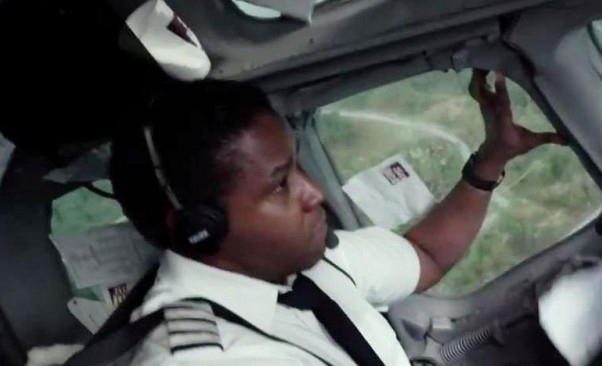
Nobody could have landed that plane like I did.”
That’s the mantra the Denzel Washington’s Captain Whip Whitaker repeats throughout Robert Zemeckis’ Flight to absolve himself of any guilt. He has a strong case to make. Nobody can deny that all ninety-six passengers on his plane would be dead were it not for his brilliant unorthodox piloting after the plane dropped into an uncontrolled dive without warning. But how does that heroism hold up when evidence begins to surface that Whitaker was not only several sheets to the wind that morning but also blasted on coke? Can he be both a national hero and a national disgrace? Does the former negate the latter? Would he have even attempted anything so crazy were he cold sober?
Understandably, Flight’s ad campaign focuses on the breathtaking crash material and on that score Zemeckis doesn’t disappoint. He delivers the most thrilling action sequence since the Dubai Tower scene in last year’s Mission Impossible: Ghost Protocol. What mass audiences may be surprised to discover is that the spectacle is only the opening act, the catalyst for a bruising character study. And despite some hiccups along the way it is an effective one. I don’t know screenwriter John Gatnis’s personal history but he has the addiction material down cold.
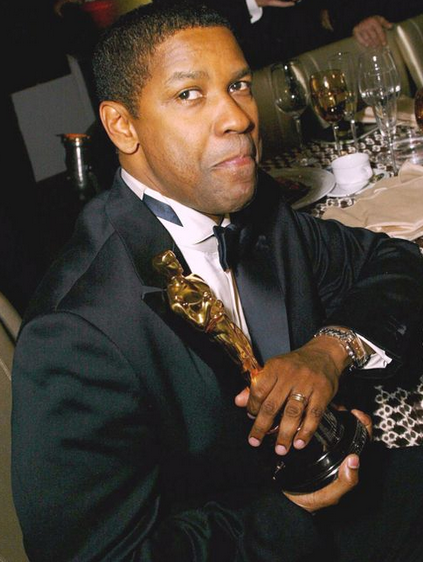 He's already got two but is a third on the way?I do not speak lightly when I say that this is one of Denzel Washington’s best performances. He elevates the material at every turn with a riveting, nuanced turn that is not the least bit concerned with whether or not we like this guy. Mostly we don't. There is a scene that should lock up Denzel’s sixth Oscar nod (and possibly his third win) where he mercilessly manipulates an attendant from the doomed flight into perjuring herself for his sake. I was going to write that his actions in the scene are shameless but actually it’s the opposite. The look on Whitaker’s eyes suggests the shame is eating him alive.
He's already got two but is a third on the way?I do not speak lightly when I say that this is one of Denzel Washington’s best performances. He elevates the material at every turn with a riveting, nuanced turn that is not the least bit concerned with whether or not we like this guy. Mostly we don't. There is a scene that should lock up Denzel’s sixth Oscar nod (and possibly his third win) where he mercilessly manipulates an attendant from the doomed flight into perjuring herself for his sake. I was going to write that his actions in the scene are shameless but actually it’s the opposite. The look on Whitaker’s eyes suggests the shame is eating him alive.
Of course the other big headline here is that Flight marks Robert Zemekis’s first live action movie after a twelve-year stint as the premiere director of motion capture films for which the public was not clamoring. Surprisingly, his time away on the Island of Mocap Toys has actually appeared to increase his skill with small-scale human drama. It is tough to recall any dramatic moments from his previous films as powerful as the best moments in Flight. Maybe all those hours spent watching actors in lycra suits emote at ping pong balls on sticks left him hungry for the simple elegance of actors acting on a real live set.
I would love to report that at all of Flight were as good as its best moments, but the film can't keep out of its own way. The screenplay saddles itself with a creaky subplot involving Whitaker’s relationship with a recovering addict he meets at the hospital (Kelly Reilly, fine in an ill-conceived part) so we can touch on a lot addiction cliches that were not going missed. The film would veer into melodrama more than once were it not for Washington's skill and restraint. On top of this a layer of clunky religious symbolism is piled on with all the subtlety of the plane crash sequence, literally so when the wing of the plane shears the steeple off a church on the way down. It’s almost as the filmmakers were worried they were being too smart for too long, and threw in some broad, obvious strokes so as not to leave the slower viewers behind. There is especially apparent in Flight's reliance on cringingly on-the-nose music cues throughout: John Goodman’s smarmy drug pusher is accompanied by “Sympathy for the Devil”, Washington pours booze down the sink to “Ain’t No Sunshine”, and so on.

So Flight squanders some its impact with a few hamfisted moves. That is no reason to throw the baby out with the bathwater. Denzel's performance alone justifies a trip to the theater, and when you factor in the tiptop supporting cast, the thrilling crash sequence and story that rings true whenever it can find its groove and you’ve got what amounts to a compelling mixed bag. Just don’t expect smooth flying the whole way through. B-
More NYFF
Amour & No Two Strong Foreign Oscar Contenders
Holy Motors Must See Madhouse
Lincoln's Noisy "Secret" Debut
The Bay An Eco Conscious Slither
The Paperboy & the Power of Nicole Kidman's Crotch
Room 237 The Cult of The Shining's Overlook Hotel
Bwakaw is a Film Festival's Best Friend
Frances Ha, Dazzling Brooklyn Snapshot
Barbara Cold War Slow Burn
Our Children's Death March
Hyde Park on Hudson Historical Fluff
Related
Double Oscar Winners Denzel & More
 Best Actor,
Best Actor,  Denzel Washington,
Denzel Washington,  Flight,
Flight,  NYFF,
NYFF,  Oscars (12),
Oscars (12),  Robert Zemeckis,
Robert Zemeckis,  booze
booze